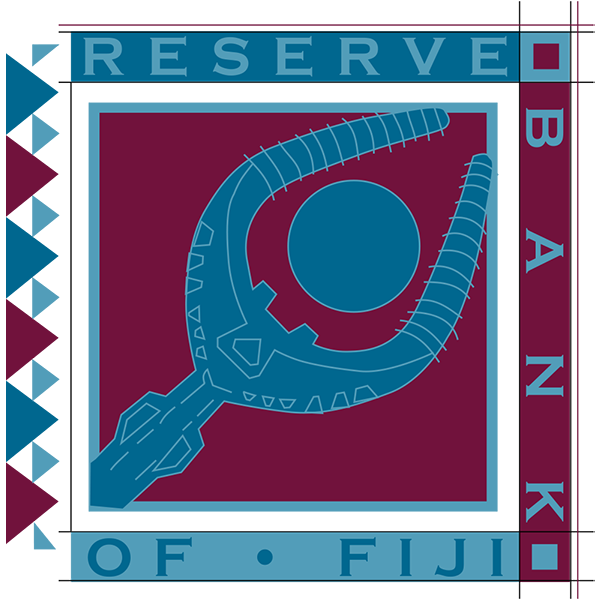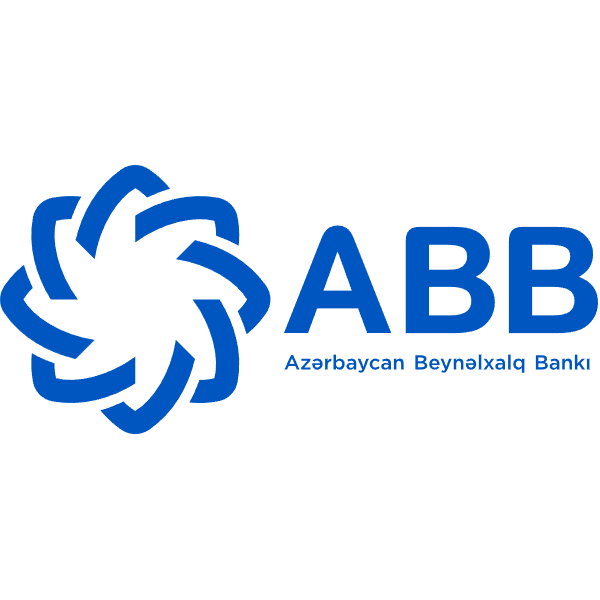RBF, the full name of "Reserve Bank of Fiji", was established in 1984 and is headquartered in Suva, the capital of Fiji. As the central bank of Fiji, the RBF is not a commercial bank or joint venture bank in the traditional sense, but is fully owned and operated by the state to serve the country's macroeconomic policy objectives. Its shareholder is the Fijian government, which is a typical state-owned financial institution. The RBF does not provide ordinary commercial banking services to the public, but mainly undertakes core responsibilities such as monetary policy formulation, foreign exchange reserve management, financial supervision and payment system protection.
Scope of
ServicesRBF covers the whole of Fiji and is a national financial regulatory hub and policy-making authority. Although there are no offline branches or ATM networks of traditional banks, their functions penetrate into all corners of the country's financial system. It indirectly affects every financial consumer by regulating all banks, credit institutions, insurance companies and capital market participants operating in Fiji. The RBF also acts as a "gateway custodian" for international financial institutions outside of Fiji, with key responsibilities in relation to foreign exchange flows, cross-border funds supervision and anti-money laundering measures.
Regulation & ComplianceThe
RBF itself is Fiji's highest financial regulator and has an independent statutory status and operates and functions primarily under the Reserve Bank of Fiji Act. The RBF is responsible for regulating all depository institutions, foreign exchange trading, insurance, pension funds and capital market participants in the country. The bank is one of the promoters of Fiji's deposit insurance scheme, which aims to keep depositors' funds safe. In recent years, the RBF has no significant negative compliance records in anti-money laundering, financial inclusion and sustainable finance supervision, and has generally demonstrated a high degree of policy transparency and compliance stability.
Financial healthAs
a central bank, RBF does not focus on making profits, and its "financial health" is more reflected in the solid performance of macro indicators. The RBF's quarterly and annual economic reviews often include the capital adequacy ratio of the banking system at the national level (which is on average above statutory requirements), the non-performing loan ratio (which remains low) and the liquidity coverage ratio (which reflects the abundant liquidity of the market). These three indicators constitute a "barometer" of the stability of Fiji's banking system and indirectly reflect the effectiveness of RBF's regulatory policies.
Deposit & Loan
ProductsRBF does not provide retail banking services directly, so it does not have demand or term deposit products, nor does it have high-yield savings accounts or large negotiable certificates of deposit (CDs). However, the RBF indirectly affects the level and structure of deposit and loan interest rates of commercial banks by setting monetary instruments such as policy interest rates and reserve requirement ratios. Its official website regularly publishes policy rate adjustments and market liquidity guidance, which indirectly guide the yield of public deposits and loan products.
Loan products are also not within the scope of RBF's business, but the financial institutions it regulates must publish loan standards, annual interest rate ranges and repayment mechanisms in accordance with RBF regulations. This "behind-the-scenes" model ensures transparency, risk control and availability in Fiji's onshore lending market.
List of common feesSince
RBF does not provide account services to the public, users are not responsible for common commercial bank fees such as account management fees, transfer fees, overdraft fees, or ATM usage fees. However, the RBF, through its regulatory functions, regularly publishes the "Guidance on Disclosure of Financial Services Fees" to guide commercial banks in reducing provisions such as hidden fees, explicit cross-border fees and minimum balance limits. In particular, in terms of financial inclusion policies, RBF emphasizes the affordability of access to banking services for vulnerable groups, rural users and young people.
The Digital Service Experience
RBF website is its main digital interactive platform, providing online access to economic reports, monetary policy statements, financial regulatory guidelines and consumer rights statements. Although RBF does not have a mobile app and does not provide online accounts or trading functions, it is quite digitally mature at the policy communication level. In recent years, RBF has promoted the digital transformation of the local banking system, including the construction of open banking API interfaces, the unification of electronic payment standards, and the pilot of AI compliance supervision systems, showing strong technological foresight.
Customer Service QualityAs
a policy body, RBF's public-facing service channels mainly include telephone hotlines, email feedback, and official social media updates. During business days, its customer service department is open to the public for enquiries about monetary policy, regulatory provisions or consumer complaints. Although it does not provide 24/7 service, it has a high level of responsiveness and information transparency. RBF's multilingual approach to communication, especially for English, Fijian and Hindi-speaking speakers, has strengthened its inclusiveness and cultural adaptability as a national central bank.
Security Measures
: RBF plays the role of "gatekeeper of the system" in financial security. It promotes and supervises the participation of commercial banks in the Fiji National Deposit Insurance Scheme and sets deposit protection limits (currently approximately FJ$10,000 per account). Its payment system uses strong encryption protocols and anti-fraud technology, and encourages financial institutions to deploy real-time transaction monitoring systems. In terms of data security, RBF has passed a number of information security audits, implemented international standard frameworks such as ISO 27001, and has not had any serious data breaches.
Featured Services and Differentiated
RBF's characteristic services focus on differentiated promotion at the policy level. For example, RBF has led the "Green Finance Development Roadmap", encouraging banks to lend to ESG projects and launch new products such as green bonds. At the same time, financial literacy education programs designed for students, young entrepreneurs and low-income groups are also one of the highlights. Although not directly providing high-net-worth services, private banks and investment institutions under the supervision of RBF are required to design customized wealth management products for high-end clients to enhance the service level of the entire system.
Market Position and HonorRBF
is not a commercial bank, but it is representative of the global central banking system. As a member of the Bank for International Settlements (BIS), RBF participates in regional monetary cooperation, anti-money laundering standard-setting and macroprudential policy forums. Its robust policy framework and performance in promoting financial inclusion have been highly praised by organizations such as the Asia-Pacific Economic Cooperation (APEC) and the International Monetary Fund (IMF). RBF has been awarded the "Best Central Bank for Small and Medium-sized Economies" and the "Financial Inclusion Innovation Award" on several occasions, reflecting its high execution and innovation capabilities under special national conditions.










